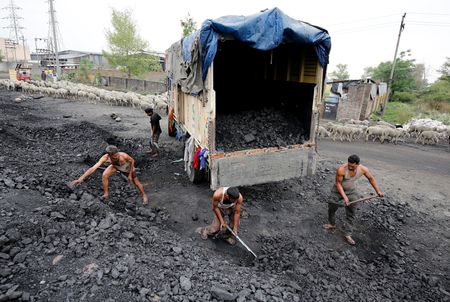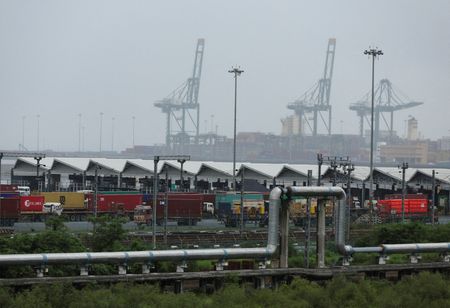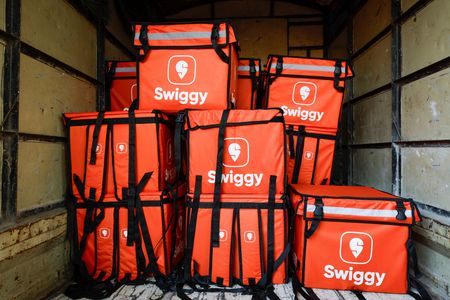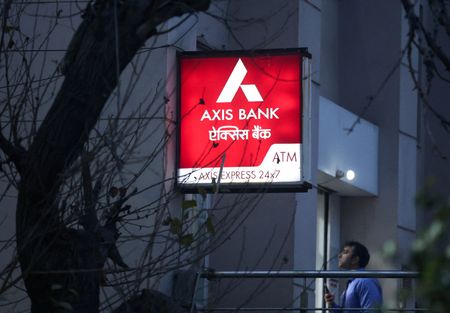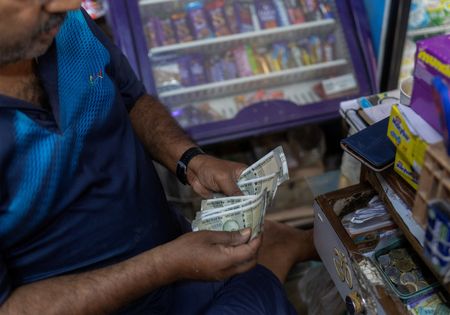By Neha Arora
NEW DELHI (Reuters) -India’s steel mills secured only about half of their metallurgical coke needs from domestic suppliers in the first half of 2025, highlighting shortages and amplifying their calls for an easing of import curbs on the key steelmaking material.
Between January and June, India produced 1.5 million metric tons of metallurgical coke, while demand was roughly double that at 3.09 million tons, according to a source familiar with the matter and internal government data reviewed by Reuters.
India, the world’s second-largest crude steel producer, introduced the import curbs in January to try to boost the local metallurgical coke industry. In June, it extended the curbs, setting country-specific quotas and capping overseas purchases at 1.4 million tons between July 1 and December 31.
STEELMAKERS CALL FOR EASING OF IMPORT CURBS
Some steel mill executives, speaking on condition of anonymity because they were not authorised to talk to the media, said the latest local metallurgical coke output data raised questions about that decision.
Indian steel producers have urged the government to raise import quotas nearly sevenfold to ease what they call a critical supply crunch.
The federal Ministry of Commerce and Industry did not respond to an email seeking comment.
Last year, the automobile industry lobby also urged the government against curbs on metallurgical coke imports, warning of potential supply disruptions for auto components, according to a letter from the Society of Indian Automobile Manufacturers seen by Reuters.
The industry group did not respond to an email seeking comment.
Major steelmakers, including JSW Steel and ArcelorMittal Nippon Steel India have raised concerns about the curbs, saying they disrupt their expansion plans by making it difficult to source preferred grades locally.
Imports of low-ash metallurgical coke more than doubled in the four years before the curbs, with major suppliers including China, Japan, Indonesia, Poland, and Switzerland.
(Reporting by Neha Arora; Editing by Mayank Bhardwaj and Mark Potter)

